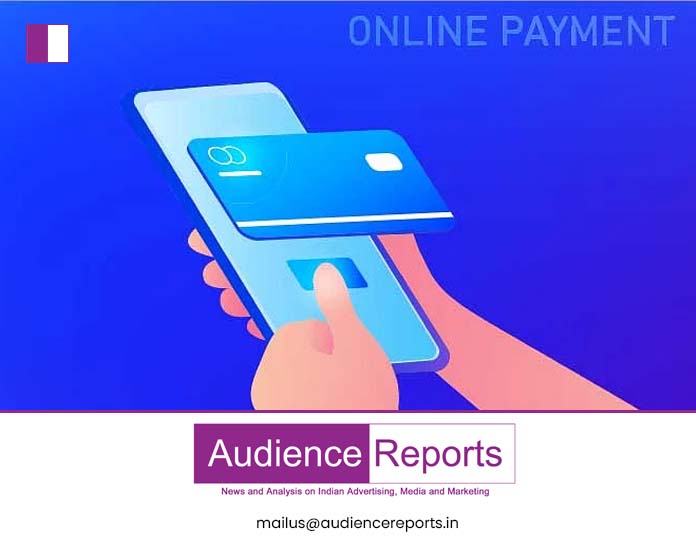Industry watchers share their take on the recent guidelines by ASCI and DOCA against unfair business practices by ecomm companies
The Department of Consumer Affairs (DOCA) and the Advertising Standard Council of India have developed new guidelines for e-commerce businesses to serve the consumer better and avoid unfair trade practices.
In a joint press conference, ASCI released a comprehensive discussion paper titled ‘Dark Patterns – The New Threat to Consumer Protection’ that examined various deceptive patterns, including those found in online advertising and also formed a multi-stakeholder task force to examine issues like drip pricing, bait and switch, false urgency and disguised ads. These guidelines will be applicable from 1 September 2023 to give online platforms a window to make the necessary changes to their systems and interface designs.
While it’s a positive step to empower customers, these guidelines have been long coming since these practices have been around for a long time to lure in consumers.
We reached out to experts to understand how will it impact businesses that have long depended on these unfair practices.
Samit Sinha, Managing Partner, Alchemist Brand Consulting, said it is time to revoke the earlier guidelines and shake businesses to follow ethical practices.
He said, “The ASCI guidelines were drafted before the digital era when they were meant to provide a framework for advertising agencies, marketers and media owners to self-regulate advertising messages to ensure that nothing that was unethical, indecent or untruthful was published or allowed to continue in case they were flagged and deemed to be violating the ASCI guidelines.”
Sinha noted that marketing budgets are shifting away from traditional media and are now being deployed in digital marketing and OTT platforms. “So the guidelines that were framed earlier are no longer adequate. Therefore, it is important to address the issues that have come up with regard to the misuse of digital media to hoodwink consumers with deceptive communications,” he emphasised.
Nisha Sampath, Brand Consultant, and Founder, of Bright Angles Consulting feels that it will help people to identify false and fraudulent. “While more and more Indians shop online, there are still many ‘first-time online shoppers’ coming online in small towns and rural India. And many brands, which have tapped out their penetration in urban areas, are seeking to go deeper into these markets to attract a new audience,” she pointed out.
She also added that the practices widening online audiences from unscrupulous marketing practices.
Creating a false sense of urgency or FOMO in consumers is an age-old malpractice in business. Guidelines flagging this practice wouldn’t affect ethical businesses, said N Chandramouli, brand expert and CEO of TRA. “It should not affect businesses that use advertising normally without trying to fool the consumers. For those that do try to gyp consumers, it will make them more careful. Brands should always follow the ethical line with regard to consumers. Whether it be product, promotion, or price, brands must look at a long-term trust building with clients,” he said.
Ambika Sharma, Founder and MD, Pulp Strategy thinks that brands will spend lesser money on online advertising for some time to realign their messages, but eventually advertise in innovative ways that are compliant with the guidelines. “Businesses will need to be more careful about the way they design their ads, and they and their agencies will need to make sure that they are not using any of the deceptive design or content that are outlined in the guidelines.”
“You can fool some people all the time and all people some of the time; but not all people all the time,” Sinha pointed out. He also noted that it’s best for brands to operate in a manner that fosters a long-term relationship with their consumers based on trust. “After all, that is the whole point of building a brand. Unfortunately, in the meanwhile, some consumers will be cheated and pay the price for some short-term oriented unscrupulous advertiser’s malintent.”
Sampath said that going forward, principles of good corporate governance need to extend into digital realm and digital marketing teams should be made equally accountable to implement them.
“Claims should be vetted with legal teams, as we do for ATL and packaging-related communication. Even with tactical initiatives, it’s possible to plan for the quality of customers acquired, rather than quantity. For example, I should attract people who genuinely need my product vs people who are drawn by the cheap price,” she said.
Educating consumers is also a step in the right direction. “Read the fine print,” said Sharma, “before making a purchase. This is will help you avoid any surprises.”
Consumers should also do their research of the company they are buying from, she averred. “Trust your gut. If something seems too good to be true, it probably is. Best to err on the side of caution.”





































